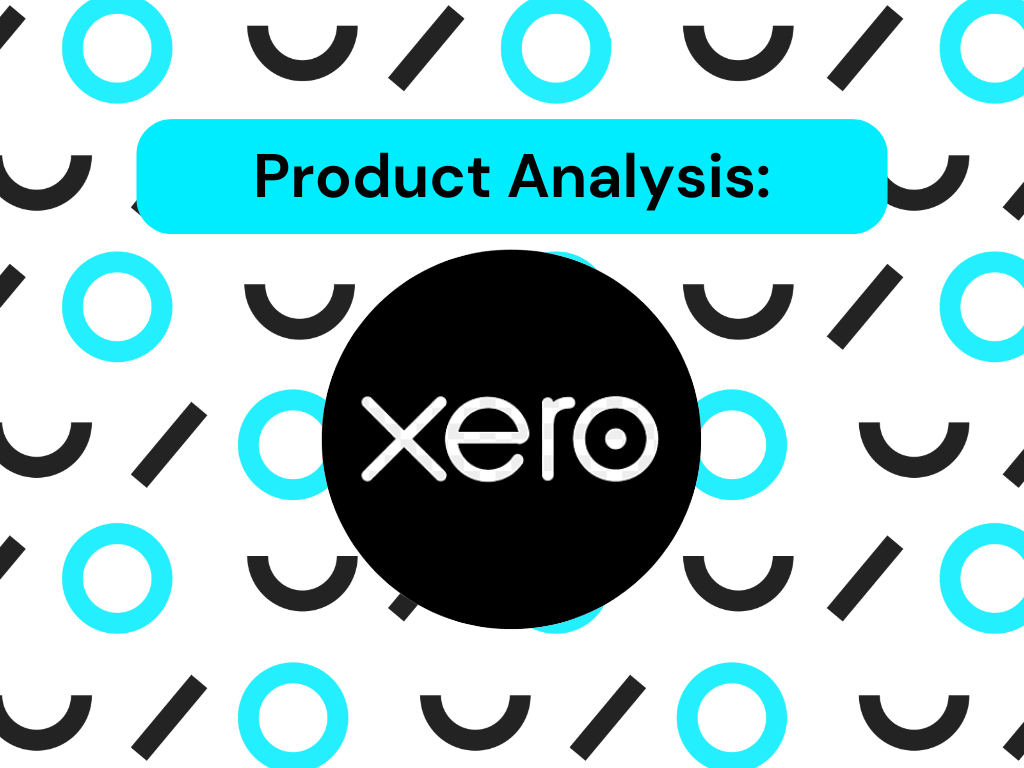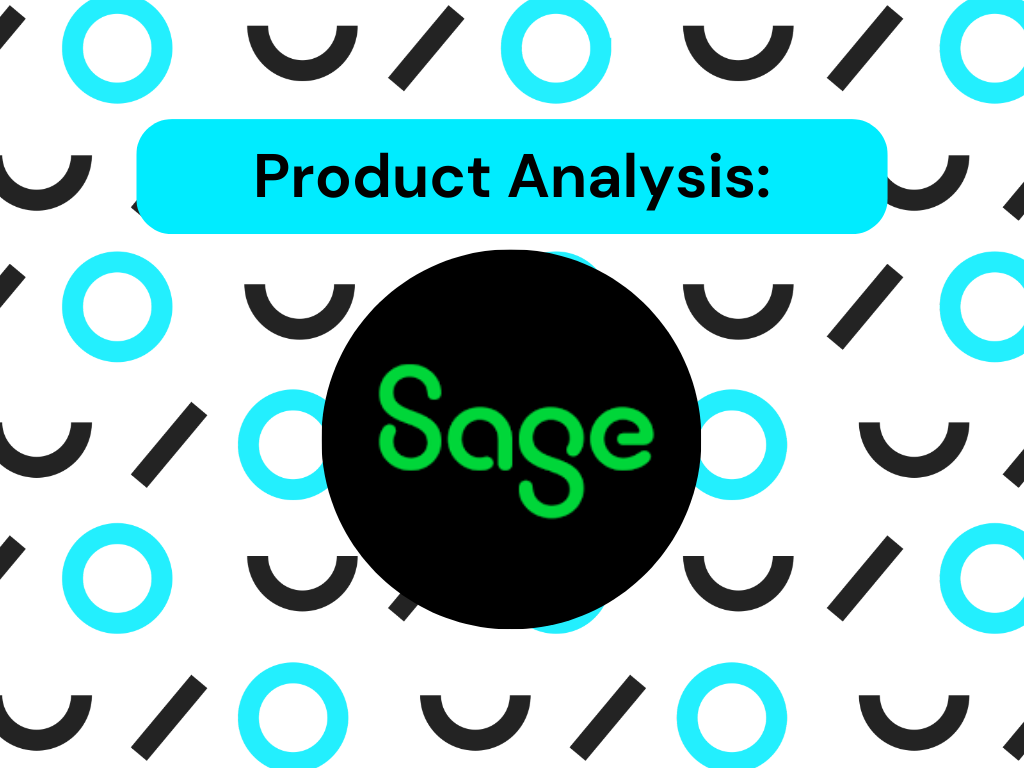
Climate change has been a hot topic for years, and one that lawmakers are trying to take more seriously in the US as we try to lower our carbon emissions.
Later this year, the SEC is due to pass a climate change disclosure rule. Under this rule, companies would be required to disclose certain climate-related information, ranging from greenhouse gas emissions to expected climate risks to transition plans.
Material risks posed by climate change will be disclosed by businesses in consolidated financial statements, including physical risks (such as sea level rise and extreme weather events) and transition risks (such as changes in regulations and market trends).
The SEC hopes that increased risk disclosure and transparency will allow investors to make more environmentally responsible decisions.
While this is a tremendous investment opportunity for capital allocators, it will be an administrative headache for accountants and finance professionals. As soon as 2024, companies will need to abide by the SEC’s new reporting obligations for issuers.
CFO’s are already thinking about how to respond, and this is no small challenge for several reasons.
More Reporting is Needed
According to Reuters, only 30% of US organizations are reporting Scope 1 and 2 emissions (emissions of greenhouse gases either directly or indirectly made by operations). This level of reporting still falls below the expected requirements under the proposed rules.
An Administrative Burden
27% of CFOs saying that ESG reporting guidelines were among their biggest challenges in the first half of 2023. Ahead of the rule’s implementation, finance teams are scrambling to implement procedures. The SEC estimates that the average cost for a publicly listed small company to abide with the climate change disclosure rule is $420,000 a year.
The Burden will Fall on Accountants
Accountants will need to respond to the SEC’s climate change rule and produce more reporting in record time. There is a whole career field budding around this. More information can be found here about the emerging field of ESG accounting.
What this Means
This is yet another case where more is being asked of accountants. While these rules currently impact only publicly traded companies, the fact remains that across categories and industries accountants are no longer simply stewards of credits and debits, but multifunctional experts with hands on financial and non-financial data alike.
Most processes surrounding climate or ESG disclosure reporting are proprietary, bulky, and manual. Climate data is currently scattered, in the cases where it is available, and uses a completely different set of data sources from typical financial systems with which Accountants are already familiar.
In today’s business environment, where companies are increasingly doing more with less, we can’t simply expect to throw increased resources at these problems. The need for solutions empowering users with dynamic access to multifunctional data without developing broad new skillsets is only going to increase in order to meet these new requirements.




